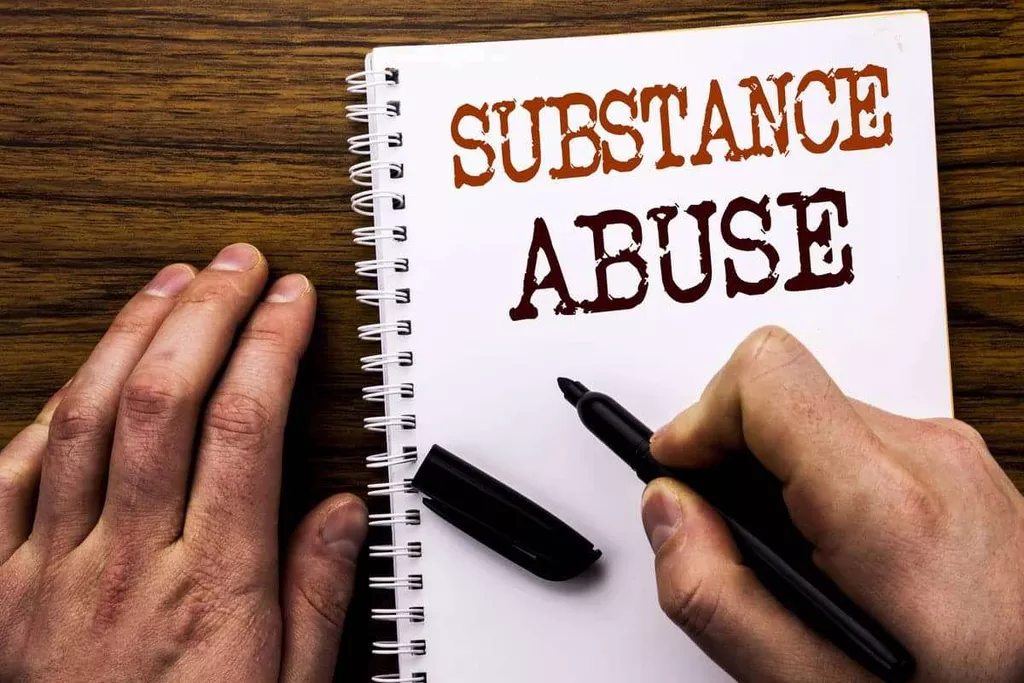
Substance abuse is listed as a psychological disorder which often overlaps with one or multiple other disorders such as depression, anxiety, etc. These comorbid disorders can cause emotional triggers, which is why some need more therapeutic interventions during their recovery to address these other comorbid disorders. In a later blog we will look more into how emotions, both positive and negative emotions can cause relapse. A trigger can be any social, psychological, or environmental cue that causes someone to think about using drugs or alcohol. The specific internal and external triggers examples types and amount of triggers that each individual experiences depend on many factors. These factors include the person’s individual history of substance abuse, co-occurring mental health disorders, and life experiences.
Take the First Step
- A flashback is a way the brain remembers the event and makes it feel as though the person is experiencing it at that moment.
- The solution to managing difficult situations is learning how to confront them without drugs and alcohol.
- However, when it comes to living situations, it is highly advised that you make sure you are in a safe and drug-free environment when in recovery.
Managing triggers involves employing a variety of practical approaches to minimize their impact and enhance overall well-being. Environmental adjustments and avoidance techniques are foundational strategies. By identifying and modifying environments that provoke distress, individuals can create spaces that promote a sense of calm and safety. For instance, reducing clutter, incorporating calming colors, and controlling noise levels can make a significant difference. Avoidance techniques, such as steering clear of known triggering situations or people when possible, can also help prevent emotional flare-ups. Techniques such as deep breathing, progressive muscle relaxation, and time management can mitigate the adverse effects of stress and enhance one’s ability to handle triggering situations.
Why Personalizing Trigger Recognition is Essential
- But it’s important to note that there’s a difference between being uncomfortable or offended and having a true mental health symptom.
- A supportive social network provides emotional stability and practical assistance, while professional help offers specialized care and evidence-based treatments like CBT.
- Other stressors come from external factors, which are forces that you can’t easily control.
- Others may become argumentative or even aggressive, which can have severe consequences in relationships or the workplace.
A 2004 study revealed that our senses (e.g. sight, smell, sound) https://ecosoberhouse.com/ play a significant role in forming memories. One theory proposed that trauma-related triggers may feel so intense because our senses are highly involved. For instance, the sound of fireworks can be a trigger for combat veterans with post-traumatic stress disorder (PTSD). Or a certain type of dog might be a trigger for a person who was bitten as a child. Internal triggers come from within, often linked to emotions, thoughts, or physiological states.
- By identifying these triggers, individuals can better anticipate and manage their emotional responses, thereby reducing the impact on their mental health.
- Knowing and understanding how triggers work and being aware of your personal triggers are critical aspects of safeguarding your recovery.
- Open communication about triggers with loved ones fosters empathy, reduces conflict, and strengthens relationships.
- Mental relapse, or relapse justification, is the continuous fight between wanting to use and knowing you should not use.
Residential Treatment

Although danger is a common element for bringing about PTSD in the first instance, not everyone with PTSD has been through a dangerous or scary experience. For those struggling with substance abuse and addiction, it isn’t uncommon for the affected person to return to alcohol or drug use. About 40-60% of those struggling with addiction relapse following treatment.

On average, about 40-60% of people who suffer from substance use disorder will relapse at some point. In general, when a person is “triggered,” they’re being provoked by a stimulus that awakens or worsens the symptoms of a traumatic event or mental health condition. If you or a loved one needs support in managing addiction triggers or is seeking treatment for addiction, contact Rockland Treatment Center today. Let us help you regain control of your life and maintain your sobriety for the long term. If you feel depressed or hopeless, seek help from your doctor or a mental health professional right away. The earlier you seek treatment, the greater the chances of successfully coping with stress.

Cognitive Behavioral Therapy (CBT) is a well-established, evidence-based therapeutic approach designed to address the intricate relationships between thoughts, emotions, and behaviors. The basic principles of CBT revolve around the idea that negative thought patterns and beliefs contribute to emotional distress and maladaptive behaviors. By identifying and modifying these cognitive distortions, individuals can achieve significant improvements in their mental health.
- Whether your triggers are emotional distress or a specific situation, it is essential that you know what compels you to use when trying to lead a life of sobriety.
- This heightened state of alertness can lead to the development of numerous triggers related to the traumatic event.
- It’s important for people in recovery to be aware of the internal triggers they struggle with the most and have a plan in place to seek support when needed.
- Remember, the goal isn’t to eliminate all external triggers – that would be impossible – but to create an environment that supports your desired behaviors.
What Is The Best Recovery Diet? Drug Addiction, Alcoholism And Nutrition.
This article will explore the various types of drug addiction triggers, including emotional, environmental, and situational, and their profound effects on mental health. We will discuss common examples of triggers, such as stressful events, trauma reminders, and sensory stimuli, to illustrate how they can disrupt emotional stability and well-being. Understanding the importance of recognizing these triggers is emphasized, highlighting the benefits of early detection, self-awareness, and improved interpersonal communication.

But knowledge alone isn’t enough—we also need strategies to manage these triggers effectively. Trauma plays a significant role in the development of many psychological triggers. Traumatic experiences can rewire our brain’s threat detection system, making us more sensitive to potential dangers. This heightened state of alertness can lead to the development of numerous triggers related to the traumatic event.